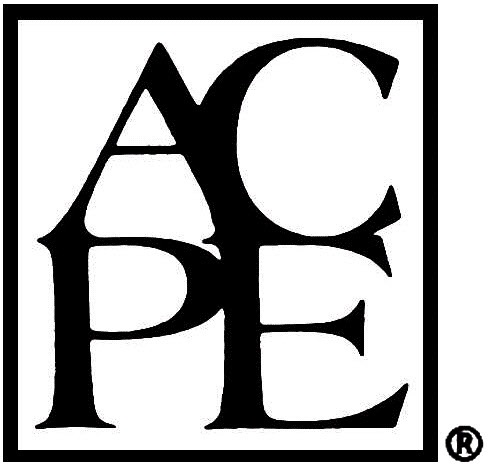CPS2 - From Benefit to Burden - safely discontinuing medicines at the end of life.
Link to EAHP StatementsSection 1 - Introductory Statements and Governance: Statements - 1.1, 1.3, 1.4
Section 4 – Clinical Pharmacy: Statements - 4.1, 4.3, 4.5, 4.6, 4.7
Section 5 – Patient Safety and Quality Assurance: Statements - 5.1, 5.6
ACPE UAN: 0475-0000-23-016-L04-P - A knowledge-based activityAbstractThe burden of polypharmacy can represent an increased risk of adverse events, which can be particularly problematic at or near the end of life. Together with multimorbidity, the use of multiple medicines is common in palliative care. As conditions progress and the clinical context changes, the risk benefit ratio for medicines changes with some medicines moving from benefit to burden. When there is no or a limited evidence base for stopping medicines, a pragmatic and safe approach is needed. There is a need to explore the clinical reasoning that occurs, the barriers to deprescribing and conversations that take place.
Overview
A facilitated, interactive, case-based workshop which uses clinical case studies to explore medication review in palliative care. The cases will allow for brief discussions regarding the therapeutics at play. The session will also allow for and include brief discussion around decision making and communication in this complex area of healthcare, focusing on how to have meaningful conversations with patients, careers and healthcare professionals. The session will discuss how prescribers, faced with a changing clinical context, can become more confident in deprescribing medicines.
Learning objectives
- Improve understanding of the problems of polypharmacy in palliative care
- Identify the principles of deprescribing for palliative care patients
- Learn to recognise and deal with specific circumstances for deprescribing in palliative care patients (e.g. cardiovascular medicines, anticoagulants, diabetic medicines and certain primary prevention medicines)
The seminar will also seek to explore the following:
- An increased confidence in dealing with medicines at the end of life
- Understand the clinical reasoning of a palliative medicine specialist and how shared decision making is employed at the bedside
- Improve your situational awareness and understanding what’s going on
- Identify tools to support deprescribing in an end-of-life population
- Better conversations for end of life care - identify scripts and phrases to improve conversations with patients and carers at the end of life
- How to learn and react, when it doesn’t go as expected
Educational need addressedThis session will address the value of having meaningful conversations with patients, careers and healthcare professionals and how this can enable pharmacists to become more confident in reviewing medicines and the end of life, and stopping them where appropriate and consensual.
KeywordsAging, communication, dementia, end of life, ethics, evidence-based medicine, geriatrics, medication therapy management, pain management, pharmaceutical care, polypharmacy

